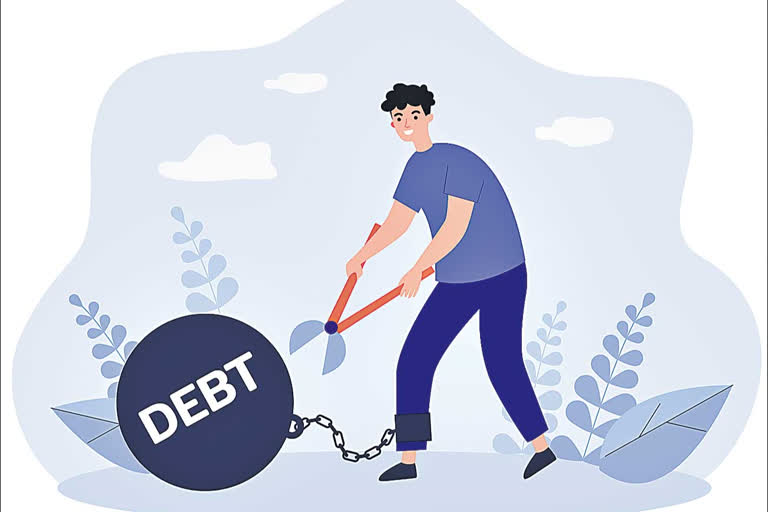Hyderabad: A hike in repo rate means a hike in loan interest rates. With inflation hovering around six per cent in the country, the rate hike was well expected, however, it has turned out to be a burden on the common man. Borrowers need to be prepared to tackle the situation by planning savings and investment plans accordingly. Check out a few tips to cut down on the inevitable burden.
After several months, there has been some movement in interest rates. Though it could be a boon for fixed depositors, it would have an adverse impact on borrowers. Rising prices of essential commodities and other costs have been worrying factors. Now, financial institutions will increase interest rates, which would lead to an increase in loan EMIs. If inflation is not reined in, there are hints of a further rise in repo rates in the days to come.
Curbing expenses...
The impact of the interest rate hike will befall on EMIs. So, you need to earmark a portion of your monthly earnings for this purpose. Keeping this in mind, cut down on unnecessary expenditure. Chalk out a plan to spend every rupee on mandatory expenses and divert even Rs 100 saved towards EMI payments.
Partial repayment...
Usually, banks extend the tenure of the loan, rather than hiking the EMIs. Hence, it may not strain your monthly budget for now. Let us not forget that expanding the tenure, will increase the interest burden proportionately. In fact, if you plan well, you can ask banks to raise EMIs. If you choose to extend the tenure, it's better to remit additional EMI every year to reduce the interest burden. You can do so by extra earnings you make through bonuses, tax refunds, or with money saved after curbing expenses. By this, you will be able to wrap up your loan at the earliest.
Read: Are you worried about debt burden? Here are steps to clear them
Loan transfer...
If EMI is going beyond your paying capacity, you can ask the bank to restructure your loan. Then the bank will give you a new and affordable EMI option. Otherwise, you need to pick a bank that offers loans with lesser interest rates and then transfer the loan, which would considerably reduce your burden.
Strategic investment...
Understanding that interest rates would shoot up in the future, you need to assume that interest rates have gone up today and begin investing the earmarked amount to tackle the hypothetical situation. For instance, suppose you have an interest rate of 6.5% on your mortgage. Assuming that it reaches 6.9 per cent soon, the amount required for that additional 0.4 per cent should be invested in short-term debt funds. This money can be utilised when interest rates rise or else this investment can be utilised for other key expenses.
High-interest loans.
If there is more than one loan, one has to carefully plan things. Devise strategies to pay off your debts and particularly, loans with a high-interest need to be disposed of quickly. Suppose you have a credit card loan, auto loan and home loan. Of which, credit card loan demands high interest. If you don't clear it early, it will drain your finances in interest payments alone. Continuing high-interest debt for the long term is not advisable. Moreover, if an instalment is skipped, the amount of penalty on it will cost you dearly.
Nowadays, an emergency fund has become more of a necessity than a choice. Keeping aside money for covering all your expenses, including EMIs for at least three to six months is very important and it can be deposited in liquid funds. Along with it, you need to continue with your financial planning. Remember, effective financial management, health insurance and disciplined investments will safeguard you against any kind of financial exigency, Pranjal Kamra, CEO, Phinology Ventures.



